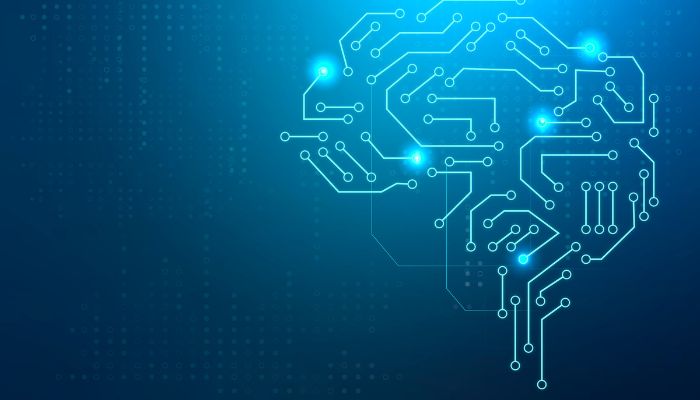Over the years, the human resources profession has developed a reputation that revolves around recruiting and settling employee contracts. And this perception is yet to change despite the crucial role HR played in ensuring organizations survived the worst challenge of their existence. The reality is that many company executives still don’t see HR as essential in making decisions. This situation must change if organizations are looking to enjoy significant people enablement success.
After the coronavirus pandemic rocked the world of business, company executives see people enablement as an essential ingredient for future growth and development. As such, they’re beginning to take steps to ensure success in this area.
Nevertheless, leaders must involve HR in this process as it is best placed to manage and organize the technological and skill development of employees. If anything, last year shows the importance of HR to the running of the affairs of any organization; so, they must be seen not as purely administrative, but also crucial to the decision making process.
People enablement describes a holistic process of technologically empowering individuals and teams to develop and improve faster. By 2030, there will be 85 million vacancies due to a lack of sufficient skills. Individuals need to develop new skills for the future, and HR cannot be sidelined in this process. There are a few things that need to happen if leaders will involve HR in the process of people enablement.
C-suite perception of HR must change
In the early days of its existence, HR could have been restricted to managing employee recruitment and payroll. However, the role of HR has so far evolved. And, with the events of the pandemic, HR has become a strategic organ that helps businesses navigate through the myriad challenge it faces today.
The world of work is fast evolving, and new skills keep coming up daily. Companies face stiff competition hiring and retaining top talents, especially now when the workplace has become virtual. These and many more are some of the challenges companies face; challenges HR can manage effectively.
However, for HR to adequately manage the volatile business landscape, leaders must change their perception of the role HR plays. They must appreciate the importance of HR, empower it, and involve it in the process of decision making.
Related Reads
- The Approach Towards People Management
- Candidate Experience And Employer Branding
- 3 Ways To Boost Employer Brand During COVID-19
Employee perception of HR must change
How individuals perceive the importance of HR is crucial to the process of people enablement. As stated already, leaders see HR as purely administrative. But, if this perspective can change from the top, it will trickle-down; thereby, influencing a change in employee perception of HR.
When employees see HR as a strategic partner, it will smoothen the process of career and skill development. As leaders empower HR by involving them in decision making, HR can adequately take charge of the talent development process. This will increase in retention, productivity, and the organization will experience overall growth.
References:
- People enablement is the human-resources trend you can’t ignore | Steffen Maier | August 16, 2019
- Introducing the people enablement platform | Impraise






